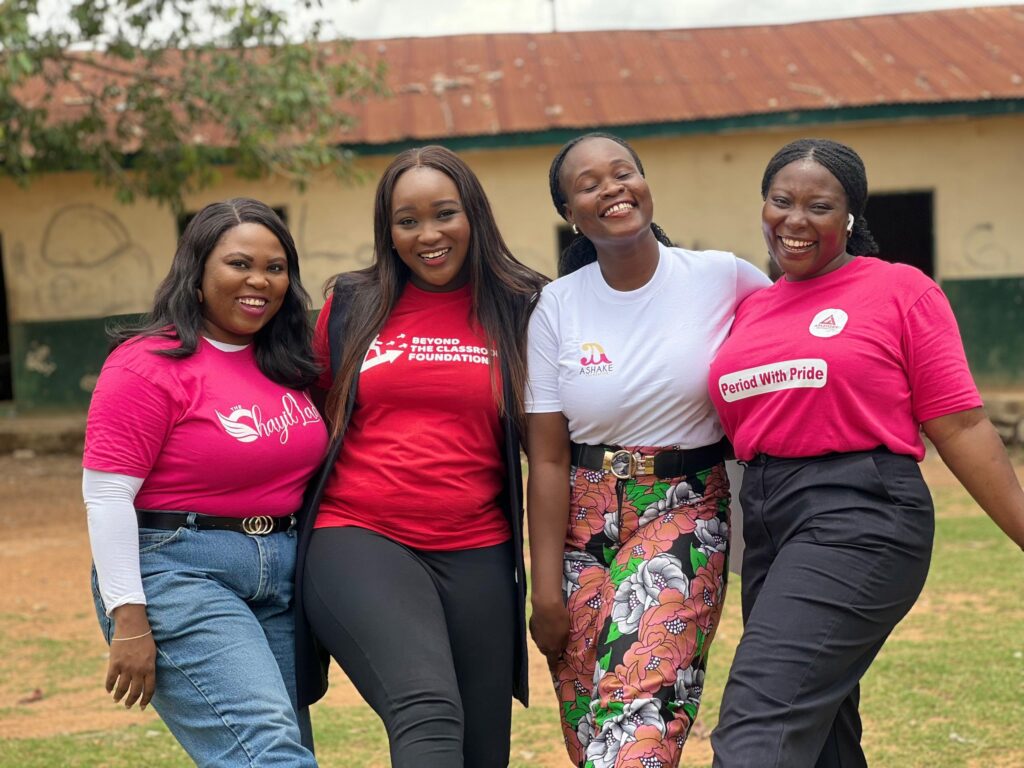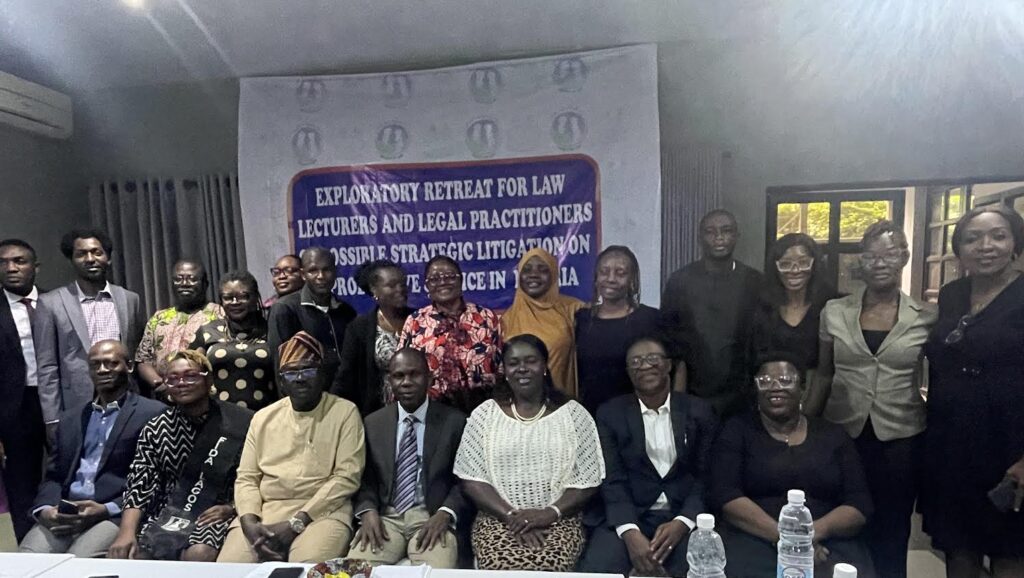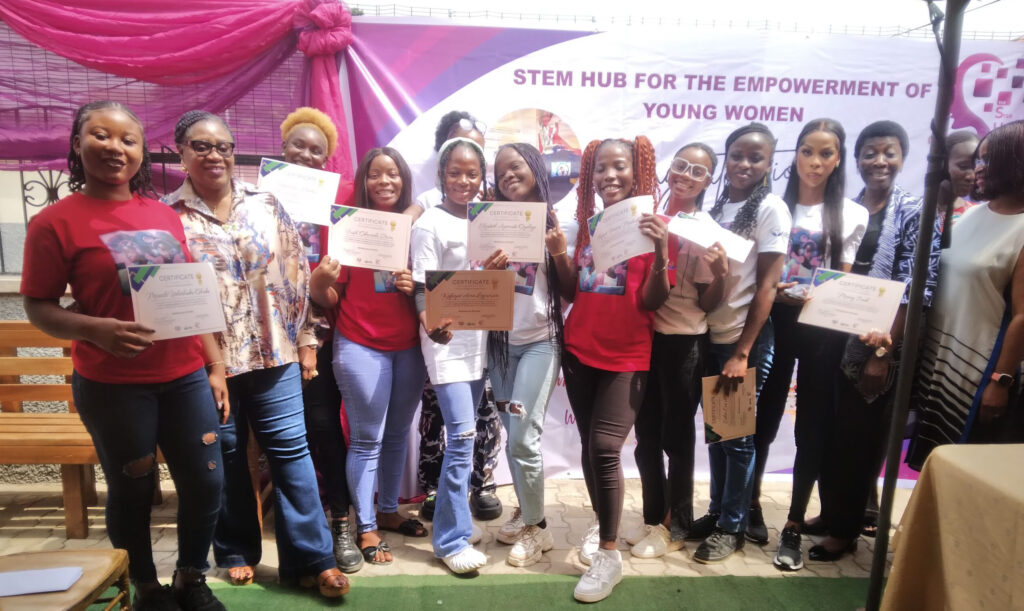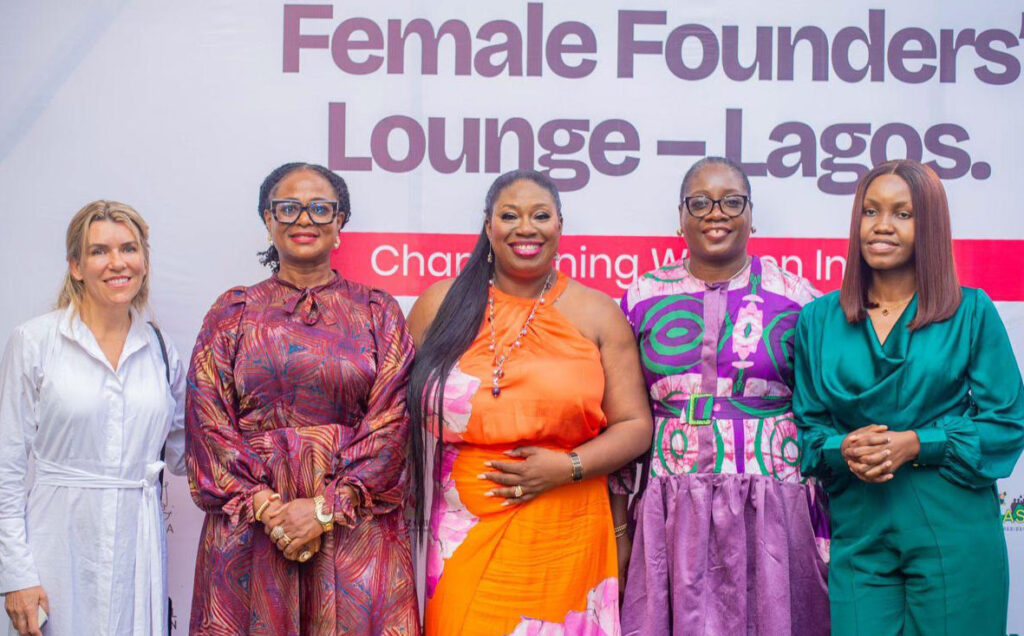
The National Agency for Food and Drugs Administration and Control (NAFDAC) recently announced the ban on sachet alcohol. Central to the ban is the issue of alcohol consumption and stemming its abuse, especially among younger people.
While alcoholic beverage consumption is an integral part of celebrations for some people, it is well known that excess consumption of alcohol poses risks and challenges, necessitating responsible practices. In 2010, the World Health Organisation (WHO) launched the “Safer Alcohol Control” initiative to address alcohol-related deaths and disabilities globally.
Keying into this initiative, International Breweries Plc, member of the AB InBev Group, has undertaken programmes to promote responsible beverage consumption. The primary objective of this intervention, the brand said is to mitigate alcohol-related harms attributed to problems such as drunk driving, underage drinking, binge drinking and alcohol consumption by pregnant women.
Supported by the AB InBev Foundation, International Breweries responded to this challenge with the introduction of the Responsible Beverage Service (RBS) programme. Aimed at reducing underage drinking and drunk driving, the initiative encourages collaboration among governments, civil society, academia and the alcohol industry to achieve a 10 per cent reduction in harmful drinking by 2025.
The RBS programme adapts to local needs, considering factors such as existing alcohol sales protocols, consumption culture and community readiness. Noteworthy successes include a substantial decrease in alcohol-related incidents and an increase in compliance with liquor laws.
According to the National Library of Medicine, the number of harmful alcohol users aged 15 years and above increased from 24 to 34 million from 1995 to 2015. Compelling bodies of research also show that alcohol abuse by men is twice as prevalent as it is in women. This is an indication that alcohol abuse is a challenge in Nigeria and beer makers, as their Corporate Social Responsibility (CSR) need to fashion ways to encourage sellers to sell, serve and consume responsibly.
International Breweries said it maintains a steadfast commitment to the smart drinking cause and dedicates resources and collaborates with institutions like the Federal Road safety Corps (FRSC), NAFDAC and the Ministry of Health.
The evaluation further revealed a significant increase in certain areas such as liquor laws. Before the RBS programme kicked off, only 35 per cent of participants had a copy of the Lagos State Liquor Licensing Law while 35 per cent had a copy of their local council liquor licensing law. Following the RBS programme, 80 per cent obtained the state’s liquor licensing law while 90 per cent obtained the local council liquor licensing law. These figures show over 100 per cent increases over the baseline figures.
Speaking about the initiative, the Communications and Sustainability Manager, Legal and Corporate Affairs Department, International Breweries Plc, Taiye Tunkarimu, emphasised the significance of the programme. “We believe in promoting responsible consumption and our commitment goes beyond making great products and profits; it’s also about ensuring our products are consumed responsibly because we thrive when our communities thrive.
“We are satisfied with the outcome of this intervention where we have been able to train 689 people in the two years of running the programme in Lagos and Rivers states. Our training initiatives are evidence-based and backed by an evaluation and monitoring system that helps us record progress made,” she said.
The 2023 edition of the programme took place in Port Harcourt, Rivers State, and the RBS team provided bar operators with valuable information that enhanced their professionalism and contributed to the responsible service of alcohol in the state and region.
The inaugural edition of the programme took place in Lagos in 2022 and its success necessitated the launch in Rivers. Before participating in the programme, about 35 per cent had cautionary signs on alcohol consumption displayed within their outfits but by the end of the first year of the programme, 63 per cent had in place signs that provided policy information to pregnant, underage and intoxicated customers.
Thirty-three per cent of participants used logbooks to report incidents and refusal of service in their establishments before the intervention. More than half of the establishments, 56 per cent had acquired and were using logbooks to document incidents and refusals of service by the end of the programme, representing a 70 per cent increase.
A total of 47 per cent of respondents declined to sell alcohol when a customer has no identification, while 33 per cent of respondents believe that servers and bartenders cannot be held liable for providing reckless alcohol service.
At the commencement of the programme in Lagos, 50 per cent of respondents reported having written RBS policies. However, by the end of the one-year programme, as many as 70 per cent of participants had written RBS policies in their establishments; representing a 40 per cent increase.
Overall, the programme directly impacted 13,355 people, representing 94 per cent of the target of 14,160 persons.
In Rivers State, the initiative saw 302 proprietors and administrators of alcohol service establishments get equipped with the necessary tools and knowledge to effectively implement responsible beverage service. 387 servers, bar attendants and security personnel were also trained on best practices resulting in improved service delivery in the hospitality sector.
The project impacted a total of 9,667 persons directly and an estimated 101,663 indirectly, representing about five per cent of the population of the target local councils.
A bar manager, Edna Tekena, who attended the training session, expressed gratitude to IBPLC for enlightening her on the dangers inherent in excessive alcohol consumption.
The programme not only targets industry professionals, but also encourages consumers to adopt moderate drinking habits.
The project also extended its reach to various communities in Rivers State such as Obio/Akpor, Phalga, Rumuagholu, Rumurolu, Rumuola, Eliogbo, and Nkpor-Ogwu councils amongst others.
Through the support of the AB InBev Foundation, the company, through its smart drinking initiatives, has been contributing to the goals of the WHO, United Nations Sustainable Development Goals (UNSDG), International Alliance for Responsible Drinking (IARD) and the Worldwide Brewing Alliance (WBA) in promoting responsible consumption.













